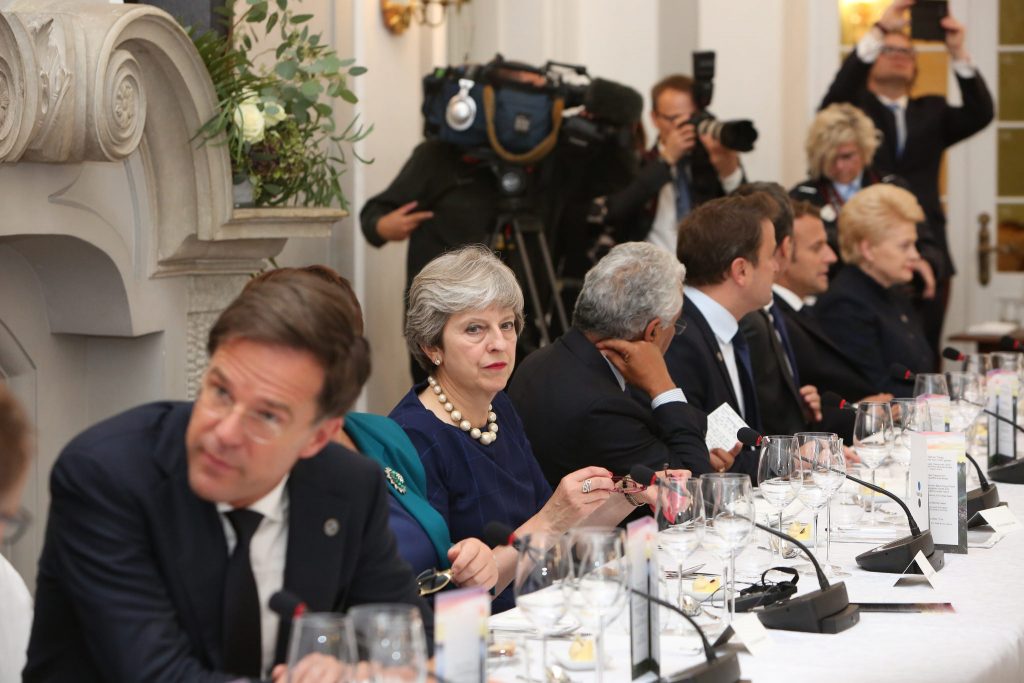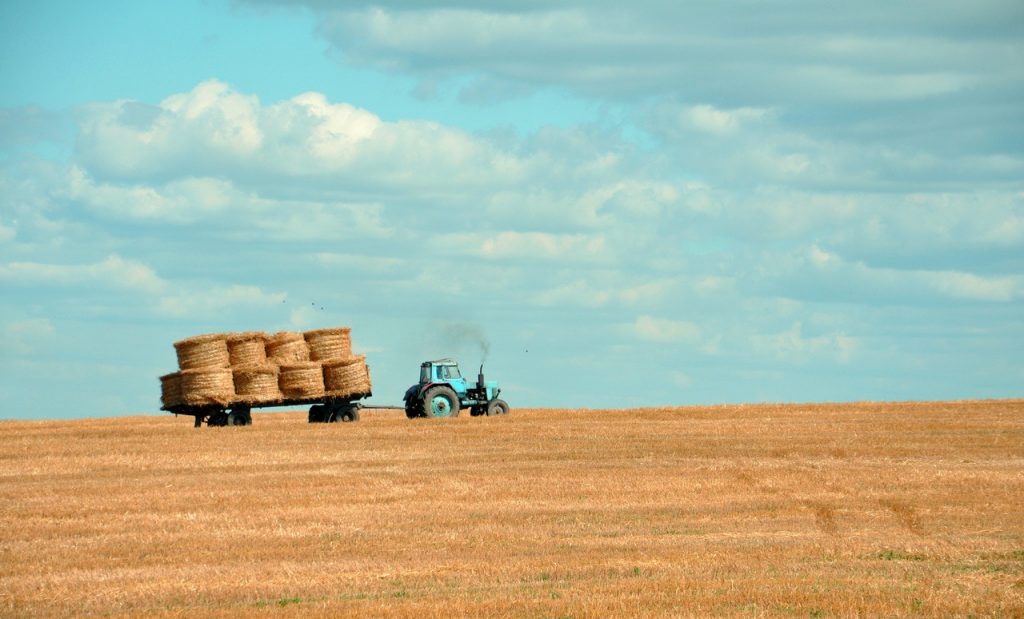Brexit could be ‘problematic’ and a ‘risk’ to the fight against modern slavery, according to one of the UK’s leading researchers into slavery and exploitation.
Speaking exclusively to RightsInfo, John Oldfield, director of the University of Hull’s Wilberforce Institute, said people needed to be “alert to the consequences”.
Almost 13,000 people in Britain are thought to be victims of modern slavery, though the true figure is expected to be much higher – perhaps even in the tens of thousands.
‘Being Out of the System is Problematic’

Theresa May has previously pledged to lead the way on defeating modern slavery. Image Credit: EE2017 Presidency / Flickr
Prime Minister Theresa May previously pledged that her Government would “lead the way” on defeating modern slavery, and she herself introduced the Modern Slavery Act while Home Secretary.
The new act aimed to give specific protections to victims of the rapidly evolving problem of modern slavery, sitting alongside protections within the Human Rights Convention (Article 4).
May also introduced a new Government task force to look into Modern Slavery, as well as a Modern Slavery Commissioner.
However, Mr Oldfield warns that Brexit could be a real risk to those trying to tackle exploitation.
“It’s an unknown,” he told RightsInfo. “I think there are lots of issues that could be coming out that could make law enforcement more difficult. It could drive trafficking underground and make it much more difficult to detect, these are hazards.”
It could drive trafficking underground and make it much more difficult to detect.
John Oldfield, Director, Wilberforce Institute
“This is never going to [change] whether we stay in or go out, but I think people need to be alert as to what the consequences of Brexit might be on all these patterns of human trafficking, smuggling, exploitation and so forth. Being out of systems is problematic.
“The international aspect goes through into intelligence gathering, law enforcement, training… Who can say whether we’ll be better placed or not, but it’s a risk and people need to be alert to the possible consequences of this.”
A Changing Problem

Image Credit: Gozha Net / Unsplash
Hailing the Modern Slavery Act as “hugely important” and the “first national legislation of its kind”, Mr Oldfield said it was “at one level a very brave decision and a very important one, because it focused people’s minds and signalled a national commitment to doing something about the problem. It’s a landmark piece of legislation in that sense.”
It’s at one level, a very brave decision. It’s a landmark piece of legislation.
John Oldfield, Director, Wilberforce Institute
However, he added there was still much more work to be done both as gangs and trafficking adapt, and to tackle misconceptions about the issue from the public.
“There’s a lot of confusion about what we’re tackling,” he explained. “British nationals are being trapped and tied up in this. Trafficking and slavery are not always about somebody coming from Vietnam into the UK.
“It can actually happen to British nationals for whatever reason; they’re on the streets, they’re vulnerable and somebody comes along and offers them something that looks like a good deal, but turns out to be something horrible.
“It’s hard for us to imagine, but if you’re on a remote farm in Lincolnshire and somebody is controlling you it’s very difficult to break away from that. We, I guess, tend to think ‘well, why don’t they run away’, but running away is a hugely dangerous decision.”







